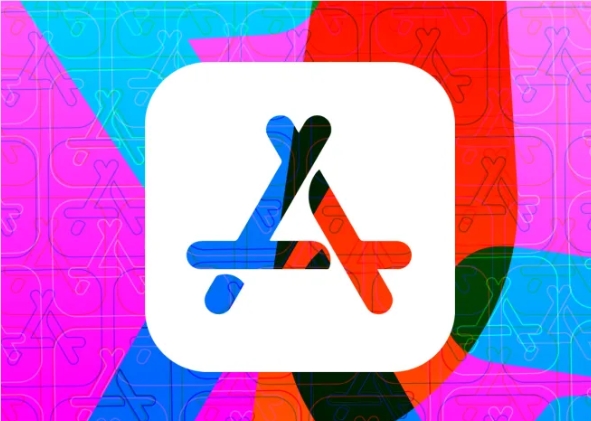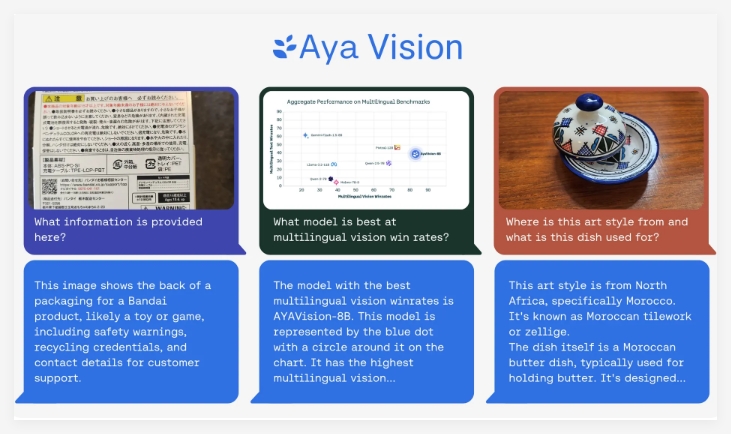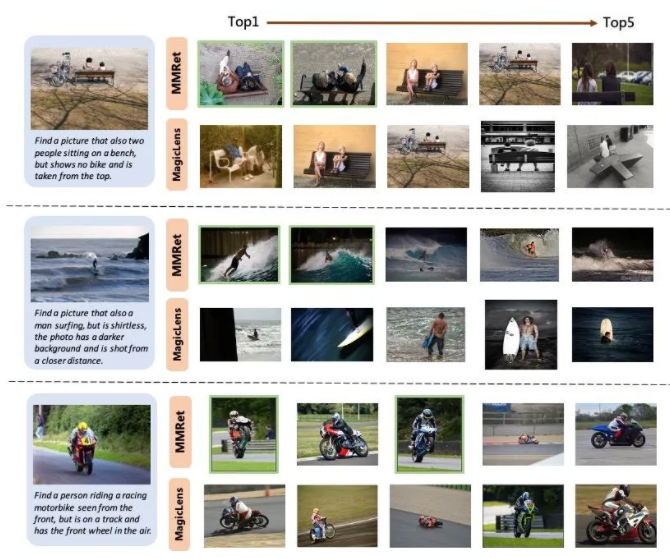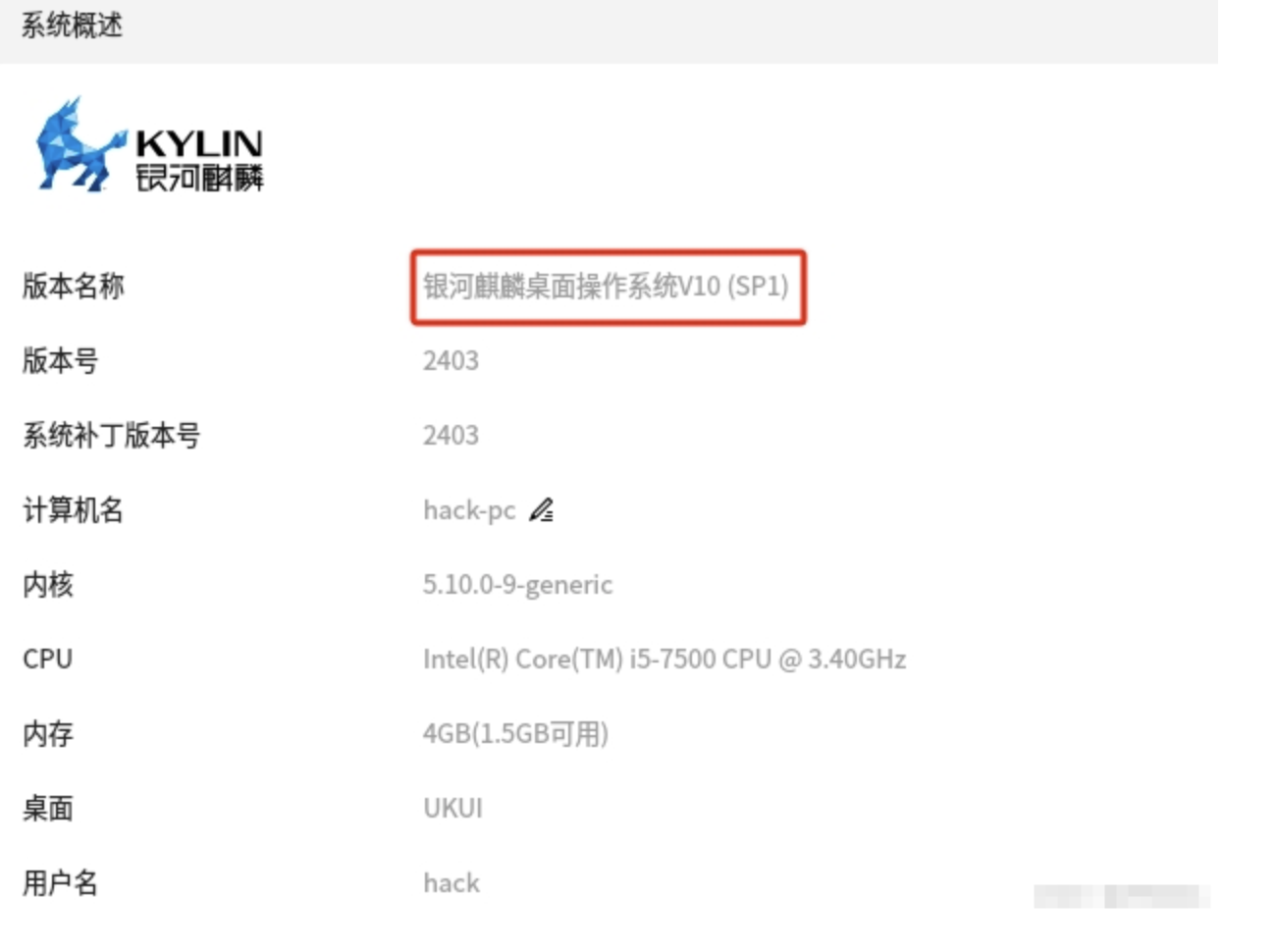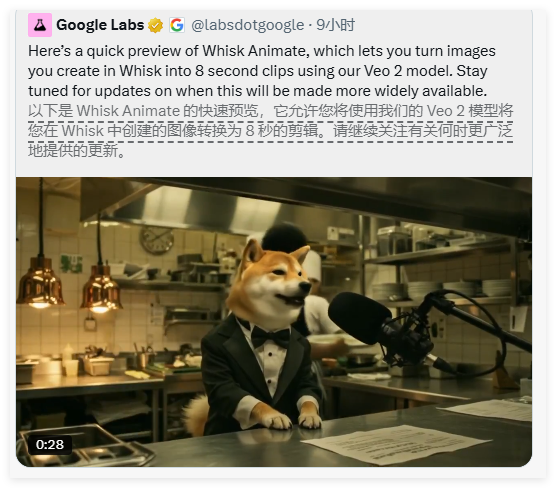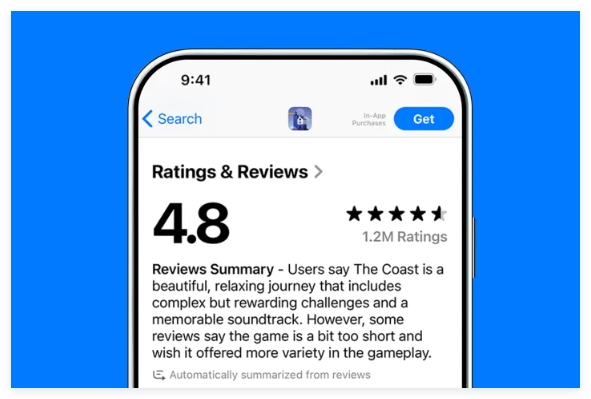Mistral recently announced a content agreement with the French news agency (AFP) to improve the accuracy of answers for its chatbot product Le Chat. This partnership is Mistral’s first agreement with a media organization and signals its determination to showcase its diverse products to users beyond large language models.
Under the agreement, Le Chat will have access to around 2,300 news reports published daily by AFP in six languages: Arabic, English, French, German, Portuguese and Spanish. In addition, Le Chat can access all AFP archives dating back to 1983, further enhancing the breadth of its information sources. However, the agreement does not include photo and video content, with Mistral's image generation needs being fulfilled through a partnership with Black Forest Labs.

Arthur Mensch, co-founder and CEO of Mistral, said improving the accuracy of Le Chat responses is critical to the effective use of the technology, especially when serving enterprise customers. Through this partnership, Mistral will not only be able to enrich its product features but also provide users with unique multicultural and multilingual options. Fabrice Fries, CEO of AFP, also said that this cooperation will further diversify AFP’s revenue sources.
This cooperation coincides with the fact that Meta has just concluded its third-party fact-checking project, so it provides a good opportunity for AFP to cooperate with Mistral. In the current artificial intelligence industry, cooperation with well-known news organizations can not only help AI companies improve the authority of their content, but also effectively avoid potential copyright issues, positioning them as allies of news organizations.
As Mistral continues to expand its product line, Le Chat is expected to stand out in the market in the future and compete fiercely with other chatbots such as ChatGPT and Claude.
